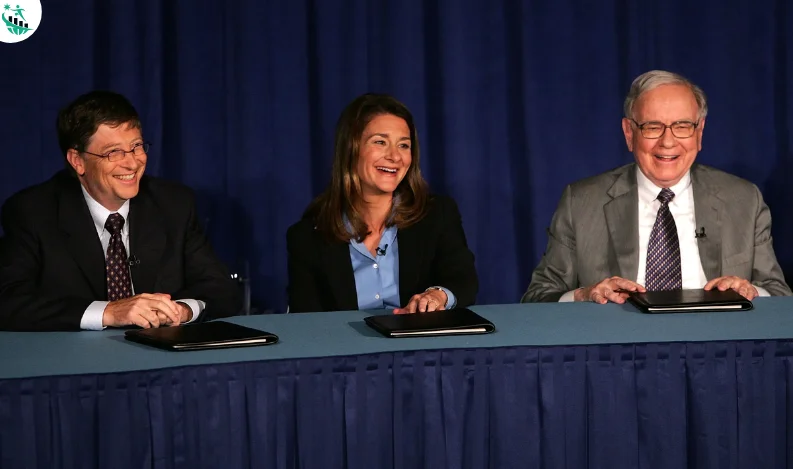
Fifteen Years On, The Giving Pledge Struggles to Attract New Billionaires
New York — Fifteen years after its launch, the Giving Pledge, a philanthropic initiative co-founded by Bill Gates, Melinda French Gates, and Warren Buffett, has seen a noticeable slowdown in momentum, despite a sharp rise in global billionaire wealth.
The Giving Pledge debuted in 2010 with 40 American billionaires committing to donate at least half their wealth during their lifetime or posthumously. As of 2025, that number has grown to 256 signatories globally, including 110 from the U.S., representing just 12% of American billionaires.
While billionaire wealth has surged, rising to an estimated $15.7 trillion globally, pledge participation has not kept pace. In 2024, the pledge welcomed only four new members, its lowest ever. Though slightly improved in 2025, with 11 new signatories, the slowdown continues to raise questions about the pledge’s influence and long-term viability.
“It’s disappointing in that you would hope more people would step up,” said Chuck Collins, director at the Institute for Policy Studies (IPS), which released a critical report marking the pledge’s 15th anniversary.
According to IPS, only one living couple, John and Laura Arnold, has fulfilled their pledge. The group criticized the initiative as “unfulfilled, unfulfillable, and not our ticket to a fairer, better future.”
The Giving Pledge organization disputed these claims, arguing that the report excludes key forms of giving such as foundation transfers. A spokesperson said the initiative continues to “create new norms of generosity” and foster a global philanthropic community.
Experts note that while the pledge’s material impact is difficult to quantify, it has helped influence how modern billionaires approach giving. Some are pursuing impact investing or channeling resources into tech-led social change rather than traditional charities. Oracle founder Larry Ellison, for example, has redirected his giving to technology research, while venture capitalist Marc Andreessen controversially called innovation itself a form of philanthropy.
“It’s become a feature of the high-net-worth philanthropic landscape,” said Amir Pasic, dean of the Lilly Family School of Philanthropy at Indiana University. “Whether it will gain new energy or fade into a private club remains to be seen.”
Despite stagnation, the Giving Pledge has reshaped the narrative around billionaire philanthropy, though the scale of global wealth growth continues to dwarf the pace of charitable commitment.



Recent Comments:
No comments yet.